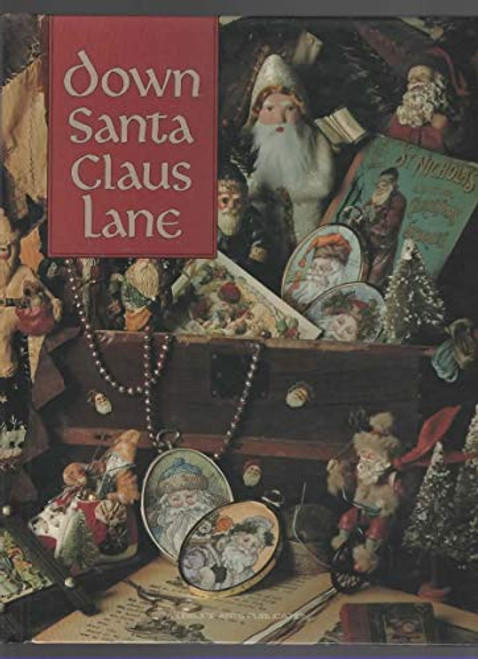*Includes pictures
*Includes contemporary accounts
*Includes online resources and a bibliography for further reading
Christmas is the most important holiday of the year. After the corresponding days that exalt the national pride of each country, such as Independence Day in the United States, Victory Day in Russia, or Bastille Day in France, it's December 25 that articulates the life, the work and the economy in much of the world, including many non-Christian countries. Since ancient times, the beginning of winter has been the occasion for most people to eat, drink, dance, and get together to beat the drum and take a break.
Especially since the 20th century on, the days adjacent to the holiday have become an occasion to do big business. The winter season is the most solid stimulus for the economy - more than any fiscal package - since the incomes of families, spending, credit, and consumption in all productive sectors are significantly increased. In the United States alone, Christmas sales are estimated to generate $3 trillion.
One of the most important figures constantly brought up during the Christmas season is Saint Nicholas, despite the fact most people know little about him. In the 21st century, Saint Nicholas (or as people often refer to him, Jolly Old Saint Nick) has been reduced to a pretend, adorably portly grandfather-type, a visual often accompanied by a fleet of magical reindeer and a bustling workshop staffed by endlessly cheerful elves. Most assume, quite understandably, that Saint Nicholas was the fount of inspiration that Santa Claus' myth weavers steadily drank from over the centuries. While this is accurate to some extent, it is important to remember that the parallels between Saint Nicholas and the present-day Santa Claus marketed by mass media are actually quite limited.
As a result, this internationally celebrated figure has become more fiction than fact. However, when historians peel back the superficial layers of whimsy and caricatural perkiness swathed around his name, an image arises of a far more complex and fascinating character who did more than kick off the timeless tradition of gift-giving. Nicholas was not just a seasonal gift-giver, but a philanthropist who dedicated his life to helping the disadvantaged. He was not just a beloved bishop, but a fierce defender of the faith who remained undaunted in the face of persecution. To brand him a pious and God-fearing individual would be a massive understatement indeed, he was, to those around him, the definition of a walking divinity, and an unrivaled miracle-worker sent straight from Heaven.
Meanwhile, the turning point for old St. Nicholas, now Santa Claus, came with the December 24, 1881 edition of Harpers Weekly. Artist Thomas Nast gave him his definitive look for the Christmas issue as an old man with a huge round belly and a belt, a thick white beard, a red nose, a cap, mistletoe on his head, a miniature horse toy in one hand, a pipe between his fingers, and a child hanging from his neck. Ever since, Santa has been known the world over for being delightfully paunchy and endlessly jolly. To most, these two descriptors alone are enough to conjure up his name, and lead them to envision a round-bellied, grandfather-type, clad in a fur-trimmed, cherry-red ensemble, armed with candy canes and a bottomless sack of presents, and blessed with a bushy, silvery-white beard.
Saint Nicholas and Santa Claus: The History of the Man and the Character Behind the Most Popular Christmas Traditions looks at what the real bishops life was like, and how he served as the historical inspiration for Santa. Along with pictures depicting important people, places, and events, you will learn about Saint Nicholas and Santa Claus like never before.
Saint Nicholas and Santa Claus: The History of the Man and the Character Behind the Most Popular Christmas Traditions
$29.97 - $35.46
- UPC:
- 9781793304568
- Maximum Purchase:
- 3 units
- Binding:
- Paperback
- Publication Date:
- 2019-01-06
- Author:
- Charles River Editors
- Language:
- english










